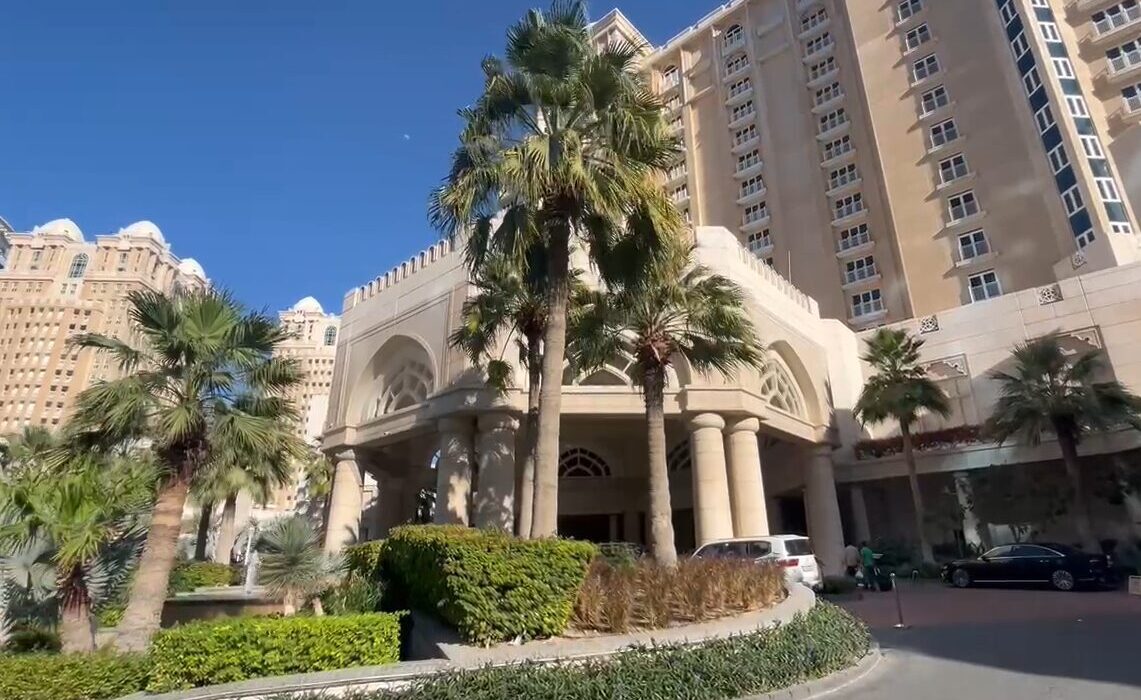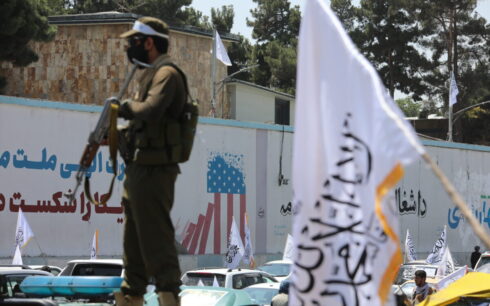KABUL, Afghanistan — Six to eight representatives from Afghanistan’s civil society will attend the upcoming Doha meeting scheduled for June 30, sources told Amu on Sunday.
These representatives are scheduled to meet with special envoys from various countries and the United Nations on July 2, sources said, adding that the UN office in New York is currently working on the composition of the attendees.
Additionally, a diplomatic source informed Amu TV that the UN will hold an online consultation this week with representatives of civil society and women. Participants will include officials from UNAMA’s political division, UN Women’s division, and figures from both inside and outside Afghanistan.
The Doha meeting is set to begin in a week, hosted by the United Nations and will include a delegation from the Taliban.
Sources indicated that six to eight civil society representatives from Afghanistan have been invited to these discussions. The UN and special envoys will engage with these representatives on July 2 in Doha.
The UN office in New York is focused on finalizing the list of Afghan civil society and women representatives for the Doha meeting.
Some political figures suggest that if the Doha meeting proceeds successfully, all parties involved may eventually play a role.
Mohammad Omar Daudzai, Afghanistan’s former interior minister, commented, “The consultative process has been arranged so that Afghanistan’s civil society diaspora does not participate directly. Instead, they will hold an online session a week before the meeting, and may be briefed afterward. It is too early for non-Taliban political figures to participate directly. This is the beginning of a process, and if it goes well, they may be included in future steps.”
Diplomatic sources within the UN also mentioned that further consultations with women and civil society representatives are planned in the coming days. Officials from UNAMA’s political division and UN Women will engage in these discussions.
Women’s rights activist Maryam Arwin expressed concern: “The exclusion of women and civil society members from the main Doha meeting at the Taliban’s request by the UN is a grave injustice to Afghan women and girls who have resisted, been suppressed, and sacrificed over the past three years.”
Despite the UN’s reports on widespread human rights violations, increasing restrictions on women, terrorism threats, and the lack of an inclusive government in Afghanistan, the third Doha meeting’s agenda focuses on private business, banking, and anti-narcotics policies—topics that have drawn criticism.
Nasreen Hamidi, another women’s rights activist, said, “Discussing economic issues, health, agriculture, and narcotics while ignoring the oppression of Afghan women and girls and the widespread human rights abuses by the Taliban is a source of shame for the UN. We, the women of Afghanistan, will boycott the Doha meeting without our participation.”
Some Afghan citizens are also dissatisfied with the planned agenda for the third Doha meeting.
One Kabul resident remarked, “Only the Taliban are invited to this meeting, and no representatives of the Afghan people are present. If issues of education, employment, and economic improvement are not addressed, the meeting will be of no benefit to the people.”
The UN Secretary-General’s Special Representative for Afghanistan responded to the criticisms, stating that the Doha meetings are part of a process that must begin with the Taliban’s participation. He believes that continued talks will eventually pave the way for discussions on other issues.





